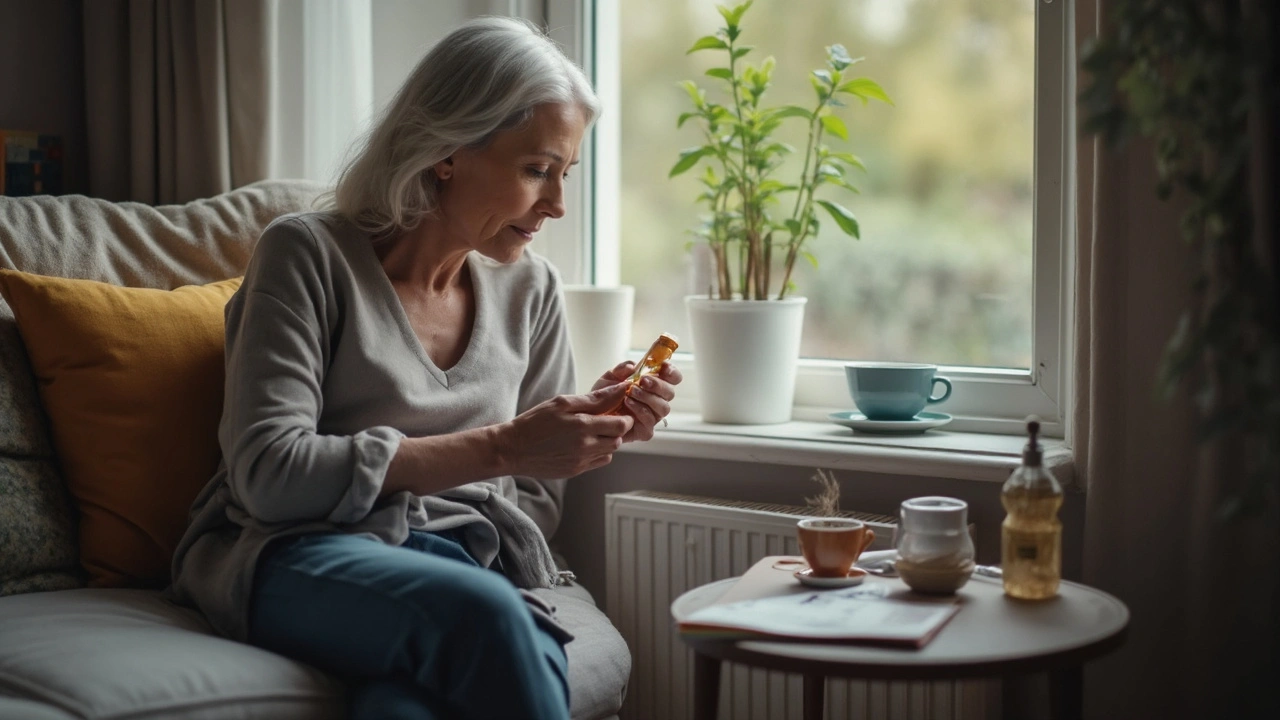Safety: How to Buy and Use Medications Without Risk
Want to avoid fake pills, bad interactions, or wrong dosing? Safety around medicines matters more than convenience. Whether you’re ordering meds online, choosing an alternative drug, or giving medicine to a child or pregnant person, a few simple checks cut most risks.
Quick safety checklist when buying meds online
Don’t trust flashy ads. Look for clear contact info, a real pharmacy address, and a phone number you can call. Legit pharmacies usually ask for a prescription for prescription drugs — that’s a good sign. Check the packaging photos and brand names, read recent user reviews, and search for the pharmacy’s name plus words like “scam” or “review.”
If the price looks too low, that can mean counterfeit or expired products. Avoid sites that allow bulk prescriptions without asking medical questions. When in doubt, ask your regular pharmacist if the supplier looks legit.
Everyday safety rules for taking medicines
Read the label and the leaflet. Know the dose, how often to take it, and for how long. Keep a list of every medicine, supplement, and herb you use — then check for interactions with your doctor or pharmacist. Simple swaps like choosing an alternative to diclofenac or fexofenadine can be safe, but they need context: age, kidney function, and other meds change which option is best.
For kids: doses often depend on weight, not age. Ask a pediatrician before using adult formulations or splitting pills. For pregnant people: some nasal sprays, pain relievers, and supplements have safer profiles than others — talk to your provider before starting anything new.
Mental health meds, blood pressure drugs, and heart meds need careful follow-up. Stopping SSRIs or heart meds suddenly can cause real harm. If you’re switching treatments or trying a new product like rivastigmine for dementia or memantine for chronic fatigue discussions with your clinician will avoid surprises.
Want to save money? Use verified discount services and compare prices, but don’t compromise safety. If a coupon or alternative service asks you to skip a prescription, walk away.
Specific problems need specific checks: rescue inhalers for asthma (albuterol vs levalbuterol) differ in onset and side effects, and certain NSAIDs like Arcoxia carry heart and stomach risks compared with other pain relievers. Alternatives exist, but pick them with a clinician’s guidance.
Final practical moves: keep medicines in original packaging, store them as directed, dispose of expired meds safely, and set reminders so you don’t miss doses. If anything feels off — new symptoms, unexpected side effects, or pills that look wrong — stop and call your pharmacist or doctor.
Want reading suggestions? Check our guides on buying Toprol or nifedipine online safely, pediatric albuterol alternatives, and pregnancy-safe nasal sprays for more targeted tips and red flags to watch for.



